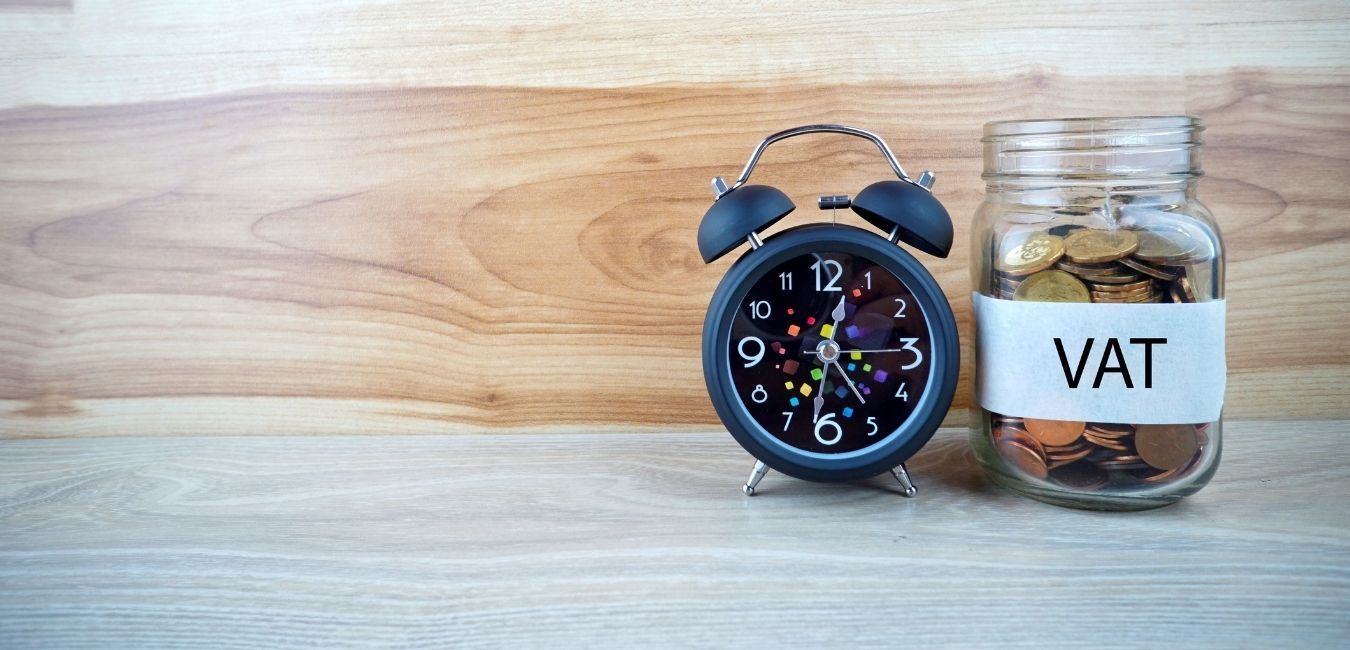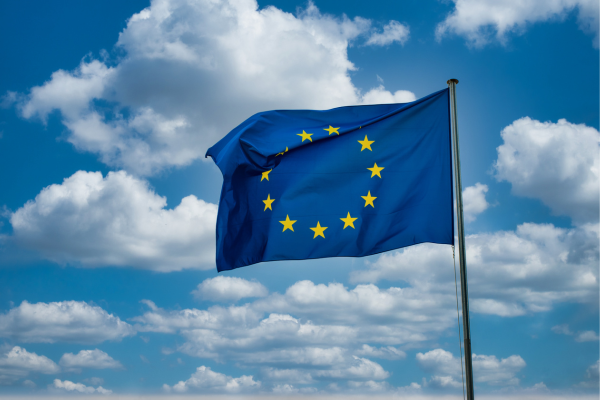BY:
SHARE:

VAT is a tax that is chargeable on all goods arriving into GB, whether from the EU or other countries. Controlling and administering your responsibilities to HM Revenue & Customs (HMRC) to ensure the correct amount of VAT is paid and reclaimed under permitted rules is vitally important.
VAT has been due at import into the UK since 1st April 1973. Based on the rate applicable to the goods under domestic legislation this could be the standard rate of 20%, reduced rates of 8% or similar for energy articles or antiques or zero, for products such as foods stuffs, books and children’s clothes. The system ceased to apply to arrivals from the European Union in 1993, when the Customs Union was formed, and VAT was handled using the Intrastat acquisition VAT accounting methods. Now GB (England, Scotland and Wales) is outside the Customs Union, VAT has returned as a chargeable tax on goods due at the time of arrival.
Why is it important?
As we say in the introduction, VAT is a tax that is chargeable on all goods arriving into GB, whether from the EU or other countries. Controlling and administering your responsibilities to HM Revenue & Customs (HMRC) to ensure the correct amount of VAT is paid and reclaimed under permitted rules is vitally important. Also, we now have two new import VAT procedures. One is permanent and applies to arrives from any country in the world: the right for UK VAT Registered business to use Postponed Import VAT accounting (PVA). The other is temporary and applies to goods arriving from the EU only and is known as the delayed declaration procedure. Both impact on the way you manage VAT as a business.
But what is it?
VAT is an indirect tax introduced into the UK on 1st April 1973 and administered by HMRC on behalf of the UK Treasury. Everyone pays VAT on services and goods delivered, unless they are VAT exempt, and for consumers it increased the cost price. This is also the case if a business is not VAT registered; they must pay VAT to VAT registered suppliers and HMRC for imported goods but are unable to offset or reclaim the tax paid. When a business is VAT registered then there is a system for offsetting the VAT paid to suppliers (including import VAT) against VAT collected on sales. VAT paid out is known as input VAT, VAT collected on behalf of the government is known as output VAT. Therefore, import VAT is created as input VAT. A key point though, a business cannot offset/reclaim input VAT unless they are the owner of the goods, intend to own the goods or are using it for an acceptable business purpose. In the UK an acceptable business purpose does not apply to goods imported temporarily, eg for repair, loan, exhibition or demonstration. To avoid outlaying VAT on temporary imports you must use a customs special procedure such as Temporary Admission or Inward Processing, discussed in our recent How to … Manage Temporary Movements.
How does it work?
Import VAT is due at the rate applicable to the goods at the time of arrival, or, if they are entered into a customs special procedure first that suspended the payment of VAT (and often duty), the VAT rate applicable when the goods are declared to home use.
The main ways to cover the payment of import VAT are:
1. Use a deferment account, so the VAT calculated by the customs computer (CHIEF/CDS) at the time of import is charged to the importer’s deferment account often along with import duty. The import VAT is confirmed to the importer, using their GB VAT Registration number, on the C79 VAT Certificate. Payment of VAT is taken from the deferment account on the 15th day of the month after import.
2. Use a deferment account or flexible accounting system (FAS) held by the freight company, so the VAT is still calculated by the customs computer (CHIEF/CDS) at the time of import. If a deferment account is used, the payment of VAT is taken from the forwarder’s deferment account on the 15th day of the month after import. If FAS is used, the VAT (and duty) must be deposited into the FAS account and paid to customs in advance of the goods being cleared. The freight agent issues an invoice to collect the full amount of duty/VAT due from the importer. The importer must wait until receiving confirmation of the VAT amount via the C79 VAT Certificate before declaring it as input VAT on the VAT return.
3. Postponed VAT Accounting (PVA) is used. Import duty is not covered by this system. The customs computer (CHIEF/CDS) calculate the amount of VAT due but does not collect it. The computer generates a different VAT Certificate called the Monthly Postponed Import VAT Certificate (MPIV) which the importer must download from the Government Gateway. Only when the import VAT is shown on the MPIV can it be declared as input VAT.
4. A temporary measure running from 1st January 2021 until 31st December 2021 – the delayed declaration procedure for arrivals from the EU only. This is optional. If goods arrival into the UK from the EU, and there is an importing party with a GB EORI then the goods can be delivered without a customs declaration being made, though the importer must record all relevant information in their records of the arrival date, type of goods, value, etc. For import duty purposes the full declaration must be made within 175 days from the date of arrival. For import VAT purposes the company must self-calculate the amount of VAT applicable on the arrival and declare it as input VAT on the VAT return related to the month of physical arrival. Not making this VAT declaration at the right time is a non-compliance.
While you are here you may be interested in some Strong & Herd LLP training courses related to this topic, we offer a wide range of high quality training courses to support all importing and exporting activities.
OneCall™ Email assistance as and when required; A one-call solution for all your import, export and customs enquiries. Export help. Import help. Customs help.
Stay informed about customs and international trade matters by subscribing to our OneCall™ service. This comprehensive offering includes a dedicated email helpline for support, timely practical updates direct to your inbox (Did You Know?), monthly UK Customs & Trade Briefings and access to an interactive members' area with an exclusive community for our subscribers.
International Trade Updates & Spotlight Newsletter
Subscribe to our free information emails covering international trade topics...









